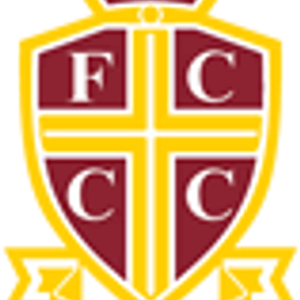Courage: Confronting Zombies in Western Culture
In his book, The Wreck of Western Culture, emeritus professor of sociology, John Carroll paints a post-apocalyptic picture of the inherited world we live in today, “amidst the ruins of the great, five-hundred-year epoch of humanism…that ‘colossal wreck’...[is] a flat expanse of rubble.”
As we sift for meaning in the rubble, renowned sociologist of religion, Peter L. Berger characterises this process as one that “forces individuals to undertake the difficult and anxiety-provoking task of building their own little world.”
Amidst this fractured milieu, we huddle under scraps of tarp rather than the sacred canopy previously provided by the mythos of Christendom, noticing that the aliens of preceding decades are gone and …
“the only modern myth is the myth of zombies.”
In their book, Zombies in Western Culture, Vervaeke et al examine the pervasiveness of this decrepit and ugly cultural figure. Zombies are the terrifying symbolic manifestation of Carroll’s ‘Western wreck’. They reveal themselves in the “many varieties of apocalypse… consumerism, poverty, hunger, political dystopia and environmental degradation.” The zombie is “extant in the personal, social, political and religious domains of life,” infecting the culture with an incoherent and vacuous hopelessness: they represent the West’s crisis of meaning.
To courageously confront things that are dead, theologian David J. Bosch wisely instructs us to be led by the Spirit that “animates, directs and transforms… remaking so as to bring about a new creation.”
This can provide a living and hopeful witness to those we lead, and the young people we guide, who we hope will start off on the way they should go, and even when they are old they will not be infected by the zombie (Proverbs 22:6).
So that they may not despair and decay, but have life, and have it to the full ! (John 10:10)
Luke Swain
Head of Campus




















